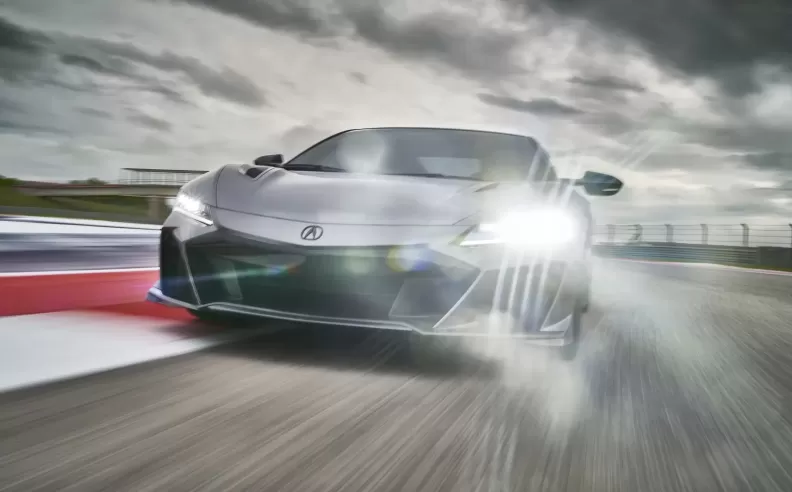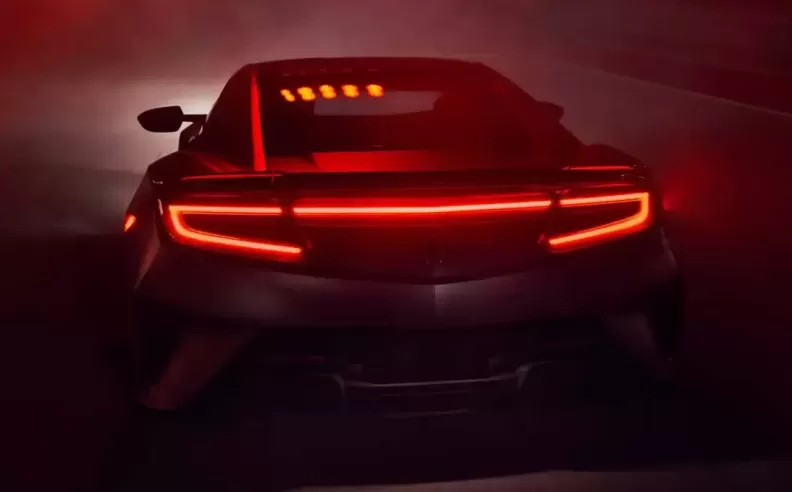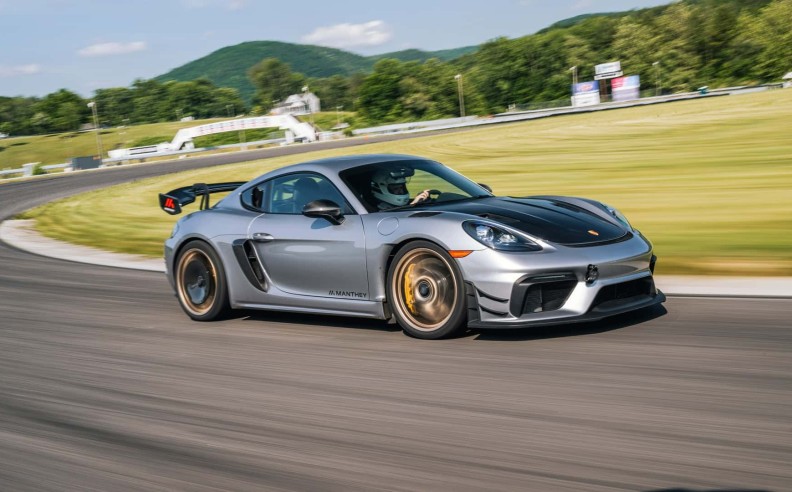
Acura has officially confirmed what many enthusiasts have long speculated: an "NSX-type" electric vehicle (EV) is on its way. This announcement, made during a roundtable interview at Monterey Car Week by Acura's global executive vice president, Shinji Aoyama, marks a significant shift in the brand’s approach to performance vehicles, blending its legacy with the future of automotive technology.

The anticipation for a third-generation NSX has been brewing since 2021, when Acura vice president and brand officer Jon Ikeda hinted at the possibility of a new model. Now, Acura has set a timeline, with the new model expected to debut in 2027 or 2028. While it may not carry the exact "NSX" badge, it is poised to embody the spirit and performance heritage that the NSX nameplate has stood for since its inception.
"We may not call it an NSX, but it's kind of an NSX-type of vehicle," Aoyama explained. This statement leaves the door open for a continuation of the NSX's legacy, albeit in a form that aligns with the rapidly evolving automotive landscape.
At the heart of this new "NSX-type" EV is Honda's upcoming 0 (Zero) Series electric architecture. This platform, which will also underpin Honda's first electric sedan set to launch in 2026, represents the company's commitment to advancing electric mobility. Aoyama elaborated on the development approach, emphasizing a focus on making the platform "thin and light." This design philosophy aims to achieve a lower vehicle height, which in turn can provide a larger cabin space without compromising the car's sleek, aerodynamic profile.
The 0 Series platform is expected to be a game-changer for Honda and Acura, offering the flexibility and performance capabilities necessary for a high-performance EV that can compete with the best in the market.
The second-generation NSX, which concluded its production run in 2022, was a technological marvel. With its twin-turbo V-6 engine paired with three electric motors, the NSX Type S delivered a staggering 600 horsepower, putting it in direct competition with supercars like the McLaren 650S, Lamborghini Huracán, and Ferrari 488. It wasn’t just about straight-line speed; the NSX was known for its handling prowess and track capability.
However, transitioning to an all-electric platform presents its own set of challenges. While EVs are renowned for their instantaneous torque and impressive acceleration, maintaining handling dynamics and track endurance at the level expected of an NSX-type vehicle will require innovative engineering solutions. Another potential hurdle is the absence of the visceral sound that has traditionally accompanied high-performance internal combustion engines. The auditory experience of a roaring engine has long been a part of the supercar appeal, and replacing it with the whir of electric motors could leave some enthusiasts yearning for more.
Despite these challenges, the prospect of an NSX-type EV is an exciting development for both Acura and the broader automotive community. As the industry moves towards electrification, Acura's commitment to retaining its performance heritage in the EV era is a bold statement. The forthcoming model will not only have to live up to the NSX legacy but also redefine what it means to be a high-performance vehicle in the age of electric power.
The countdown to 2027 has begun, and with it, the anticipation of what Acura has in store for the next chapter of its performance lineage. Whether it carries the NSX name or not, this new EV promises to push the boundaries of what is possible in an electric sports car, potentially setting new benchmarks for the industry. As the world waits with bated breath, one thing is clear: the future of Acura’s performance vehicles is electric, and it’s going to be exhilarating.

Wael is an automotive content writer specializes in creating written content for Motor 283. Producing a wide range of content, including blog posts, articles, product descriptions, reviews, and technical guides related to cars, trucks, motorcycles, and other vehicles, with an unprecedented passion for cars, and motorcycles.
